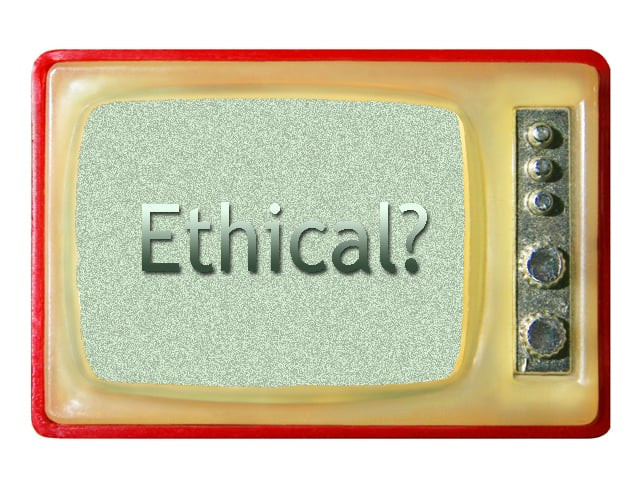National conference: Speakers condemn extremist narratives in media
Need for giving airtime, page space to moderate thinkers stressed.

Need for giving airtime, page space to moderate thinkers stressed. PHOTO: FILE
The hall with over 100 participants resounded with applause on Friday, when a participant at a media seminar read a poem about intolerance. “Jo hum kehte hein yeh bhi kyun nahi kehta, yeh kafir hai; humra jabr yeh haans kar nahi sehta,yeh kafir hai (Why doesn’t he, too, say what I do, he is a non-believer; he doesn’t put up with our oppression with a smile, he is a non-believer).
The participants were attending the South Asian Free Media Association’s sixth national conference in Bhurban. The two-day conference, organised in collaboration with the South Asian Women’s Network, has been centered on media and extremist narratives, and an alternative pedagogy of tolerance.
Speakers talked about media narratives, national discourse, non-state interference, and deliberate exaggeration, under reporting and disregarding of news stories and incidents by journalists and owners of media houses.

Farzana Ali, Aaj TV’s Khyber-Pakhtunkhwa bureau chief, said the extremist narrative adopted by most of her colleagues on their social media accounts disturbed her.
“Their Facebook walls are full of such persistently negative and radical stances that are very disconcerting,” she said.
She said extremists had always wanted to control media content directly or indirectly through people inside media groups. She spoke of how she received calls from extremists trying to dictate how and where she should run news about them.
“They even know the [subliminal] meanings of the colours of tickers we run. They are never happy with blue or green. They want them in red to create an alarm.”

The speakers condemned the fact that at least 50 out of the 365 days in a year were dedicated to religious broadcasts and televangelists.
The Express Tribune Executive Editor Muhammad Ziauddin said the Pakistani nation was in a state of denial, adding that there was a need to understand what triggered extremist narratives. Some schools of thoughts, he said, blamed reinvention of jihad, while others traced it to the very genesis of Pakistan.
“I have my own theory. I trace its origin to Pakistan becoming a security state very early in the day.”
Safma General Secretary Imtiaz Alam said the extremists’ ideology resisted all activities that created cultural space, including arts and culture, literature and freedom of speech. He said extremists had created such ideologies that had declared a substantial number of Muslims as non-believers.
Veteran journalist and Safma President Nusrat Javed underscored the impact of media discourse on overseas Pakistanis. He shared an incident where live callers from aboard forced him to explain a tweet in which he had called Maulana Tariq Jamil a “showbiz mullah”. He said in his decades-long career, it was the first time that the Pakistan Electronic Media Regulatory Authority had issued him a show-cause notice.
Islamabad-based writer Harris Khalique said religiosity triggered extremism. He said extremists took advantage of the fact that there was lack of resistance from the liberal society. Quoting the rise of the Taliban in Swat in 2009 as an example, he said extremists wanted to create a state within a state in the name of faith.
He said Pakistan had inherent issues, rooted in its history and political choices, which caused enormous internal strife in the name of faith.
“This does not mean that the war in Afghanistan or drone attacks in FATA must not end. But it does mean that the end of the war and the end of foreign air incursions will not end militant extremism within Pakistan.”
Later, during the question hour, Alam criticised television anchors for trying to become messiahs and pretending to know everything. He said while anchors commented freely on all aspects of society, over 80 per cent of the journalists didn’t know what the frequently-derided terms liberalism and fascism meant. He said 90 per cent of media persons were conservative and backed the extremist agenda.
The speakers stressed the need for giving moderate thinkers adequate air time and page space, which, they said, had mostly been taken by those with extremist views-both right and left. They urged producers and editors to create an environment where intellectual liberalism nurtured in a space where people valued tolerance and agreed to disagree.
President Mamnoon Hussain and Punjab Chief Minister Shahbaz Sharif are expected to address the journalists on Sunday (today) in separate sessions about freedom of expression and tolerance, and peace and terrorism, respectively.
Published in The Express Tribune, December 29th, 2013.


















COMMENTS
Comments are moderated and generally will be posted if they are on-topic and not abusive.
For more information, please see our Comments FAQ